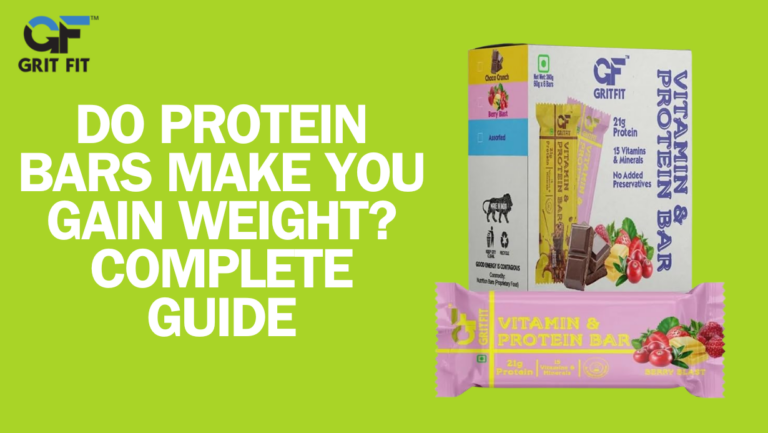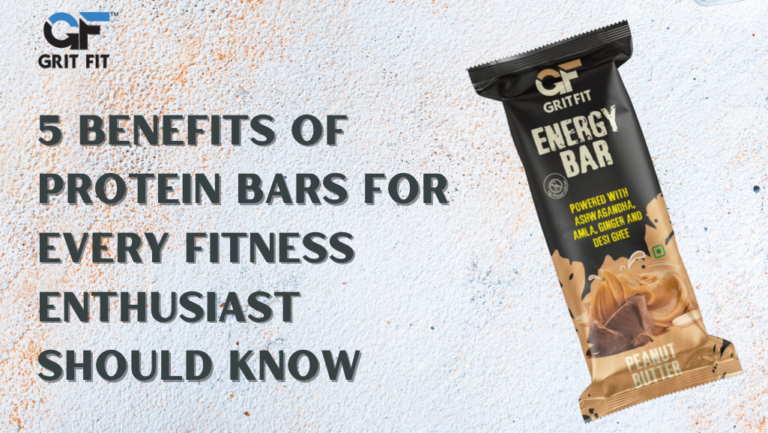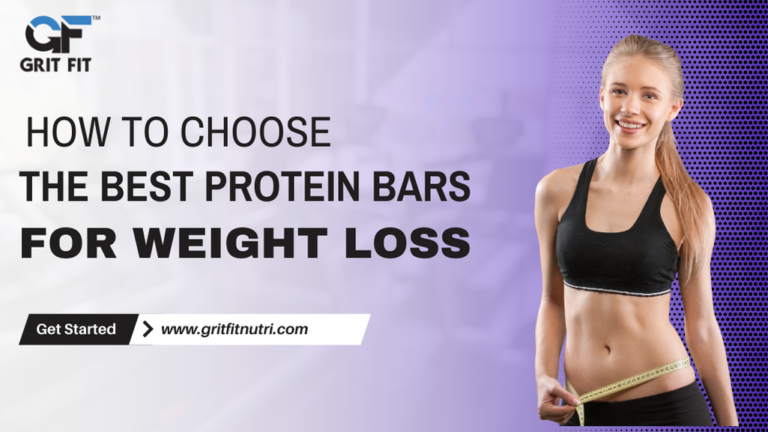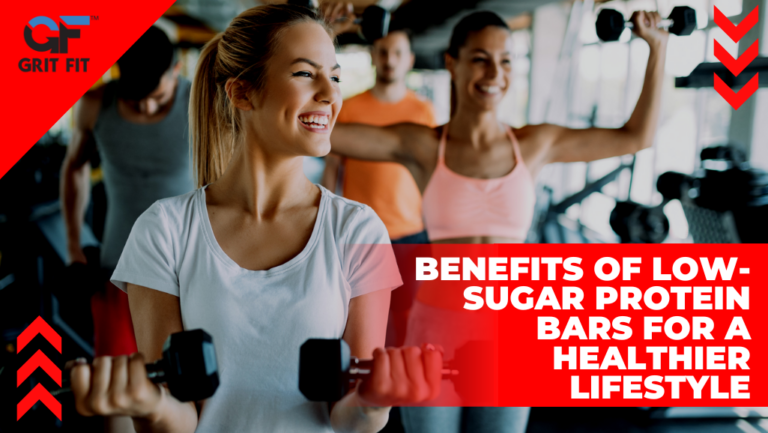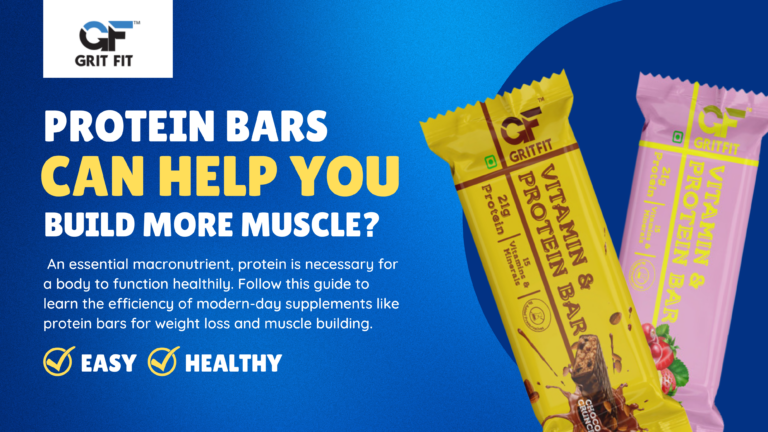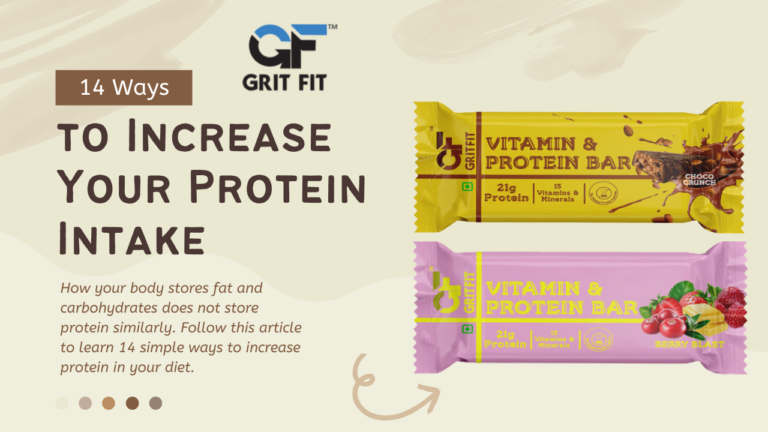Summary: In this blog, we’ll learn about whey protein and metabolism’s role in weight loss. We’ll also know about the overall benefits of whey protein and things we can do to maximize its effect.
Key Takeaways:
The way both whey protein and metabolism work together in inducing weight loss.
What is whey protein, and how does it work in the body?
The several benefits that whey protein provides.
The correct dosage and timing of consuming whey protein.
Whey Protein has become famous in the weight loss business because it helps people reach their weight loss goals. Its high protein and low-calorie count can make people feel fuller, which makes them less likely to overeat. Taking whey protein before or after a workout can help your muscles heal and grow. Thus speeding up your metabolism and making burning calories more efficient. Furthermore, people can maximise their weight reduction efforts by using whey protein in their diets and workouts.
Role of Metabolism in Weight Loss
Think of your body as a furnace, burning food and calories to produce energy. One of the main mechanisms underlying weight reduction is this metabolic process. Moreover, a faster metabolism burns more calories even at rest, like a hotter fire burning more logs. When you burn more calories than you take in, you experience a calorie deficit and lose weight. This is where muscle mass comes into play. Since muscle burns more calories than fat, having more muscle acts as a larger, naturally occurring furnace, burning more fuel.
Numerous things impact metabolism, such as ageing (it decreases with age), food (protein might somewhat increase it), and exercise (particularly strength-training exercises). Though metabolism plays a significant role in weight reduction, it is not the sole one. Regular exercise and a balanced diet are essential. Besides, prioritising your general well-being, eating well, moving frequently, and getting enough sleep may naturally support good metabolism and sustained weight control.
Whey Protein and Metabolism
The way whey protein and metabolism work together is game-changing for health and weight loss. Whey protein comes from milk when cheese is made. It is full of amino acids, especially leucine, which is integral to building muscle protein.
The increased muscle bulk from eating whey protein speeds up the body’s metabolism because muscles are metabolically active cells. This improves the body’s calorie burn while exercising and while at rest. Also, whey protein has a high metabolic effect, meaning it takes more energy to digest and absorb than other nutrients. Whey protein’s warming and muscle-building qualities make it a powerful metabolic booster. Thus helping you lose weight and improve your health in general.
Why is Whey Protein a Weight Loss Ally?
If you work out, whey protein gives your muscles the building blocks to stay strong and heal afterwards. But whey protein is good for a lot more than just growing muscle. Let’s explore how it can be your secret weapon for weight loss:
The Thermic Effect of Protein (TEF): When you digest and process protein, your body burns more calories than when you digest fats and carbohydrates. This action is known as the thermic effect of protein (TEF). Because it has a lot of protein, whey protein has a higher TEF than other foods. As a result, it naturally speeds up your metabolism.
Feeling Fuller for Longer (Satiety): Protein makes you feel full, keeping you full for longer. This can stop you from wanting food and overeating, which is important for controlling your calorie intake and weight loss. Compared to other macronutrients, studies have shown that whey protein can make you feel fuller and lower your hunger.
Muscle Preservation: Losing weight requires burning calories, which can induce muscle loss and fat loss. Muscle burns calories even when it’s not doing anything because it is metabolically active. Keeping muscle strength while losing weight helps keep your resting metabolic rate (RMR) high. RMR is the number of calories your body burns when not doing anything. Whey protein can help keep muscles from breaking down and help them stay put when you’re cutting calories.
Maximising Its Effectiveness
Remember that whey protein is not a magic bullet for weight loss. Here’s how to get the most out of it:
Pick the Right Kind: There are different kinds of whey protein, such as whey extract and whey concentrate. Whey isolate absorbs more quickly and has less lactose, so it’s a good choice for people sensitive to lactose. Moreover, a delicious option that incorporates both these kinds is Grit Fit’s Protein Bar.
Combine it with a Healthy Diet: Whey protein works best when added to a healthy diet that includes fruits, veggies, whole grains, and complex carbohydrates. Try to make a calorie shortfall by eating fewer calories than you burn. Many healthy bars out there utilise this method of combining whey protein with whole grains.
Exercise Regularly: Physical activity is important for losing weight and staying healthy in general. Working out helps you lose weight, gain strength, and get in better shape generally. Whey protein can be a great way to help your muscles heal after a workout.
Benefits Beyond Weight Loss
Though whey protein is excellent for losing weight, it has benefits that go beyond the weighing scale:
Muscle Growth and Repair: Whey protein contains amino acids needed for muscle growth and repair. Thus making it a useful supplement for sportsmen and people who want to get stronger.
Better Bone Health: Protein helps keep bones healthy. Whey protein may even help keep bones strong, especially in older people.
Immune System Support: Protein is vital for the immune system to work. Whey protein might help keep your immune system healthy in some ways. Besides, some healthy bars like that of Grit Fit, include whey protein along with Desi Ghee. Thus giving your immune system a nutritious boost.
How Much and When to Take It?
How much whey protein you need is different for everyone. How much you should eat each day depends on your age, weight, level of exercise, and the amount of protein you get from food. Most of the time, sports and people who are very active may need more protein than people who don’t do much.
At the very least, people should try to get 0.8 grams of protein per kilogram of body weight (0.36 grams per pound) daily. 1.2-2 grams per kilogram (0.55-0.9 grams per pound) of body weight per day may help active people.
Whey protein can be eaten at different times of the day, like as a snack between meals or before or after working out. Some studies show that eating whey protein before a meal may make you feel fuller and lower your total calorie intake. An easy and efficient way to do this is to consume it in the form of protein bars. These can be a light yet filling snacking option.
Remember, talking to a doctor or qualified dietitian is always the best way to determine how much whey protein you should take and when it is best for your health goals and needs.
Conclusion
Adding whey protein to a healthy diet and regular exercise can help you reach your weight loss goals. It is a useful tool for losing weight because it speeds up your metabolism, makes you feel fuller, and keeps your muscle mass. Now that you know how powerful whey protein is, are you ready to start losing weight? You can reach your exercise goals and feel best if you eat well and get protein help. Speaking of protein help, if you’re looking for a good protein bar in India, Grit Fit can be the right option.


